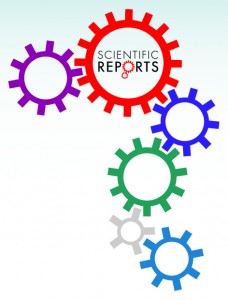 In one of the largest such requests we’ve ever heard of, the World Health Organization has asked 46 journals to correct articles that refer to a bone fracture risk diagnostic tool as developed or endorsed by the WHO.
In one of the largest such requests we’ve ever heard of, the World Health Organization has asked 46 journals to correct articles that refer to a bone fracture risk diagnostic tool as developed or endorsed by the WHO.
By WHO’s count, the tool — known as Fracture Risk Assessment Tool (FRAX), which has come under scrutiny as experts have questioned its effectiveness — has been linked to the WHO in over 500 scientific articles. The organization wants to change that. The health agency says it has no ties to the tool and claims its developers have spread “misinformation” asserting a link to the WHO. But the tool’s lead developer disputes this, claiming the agency collaborated on the tool from its inception.
Last December, in an editorial published in the Bulletin of the World Health Organization titled “Clarifying WHO’s position on the FRAX tool for fracture prediction,” the organization disavowed a connection to the tool:
 A biologist is crying foul at a journal’s decision to correct (and not retract) a paper he claims plagiarized his work — and one of his colleagues has resigned from the journal’s editorial board as a result.
A biologist is crying foul at a journal’s decision to correct (and not retract) a paper he claims plagiarized his work — and one of his colleagues has resigned from the journal’s editorial board as a result. Chinese biomedical researchers estimate that 40% of research in their country has been affected in some way by misconduct,
Chinese biomedical researchers estimate that 40% of research in their country has been affected in some way by misconduct, 
 The University of Tokyo is investigating a 2011 stem cell paper in Cell Cycle, recently retracted over irregularities in four figures.
The University of Tokyo is investigating a 2011 stem cell paper in Cell Cycle, recently retracted over irregularities in four figures.
